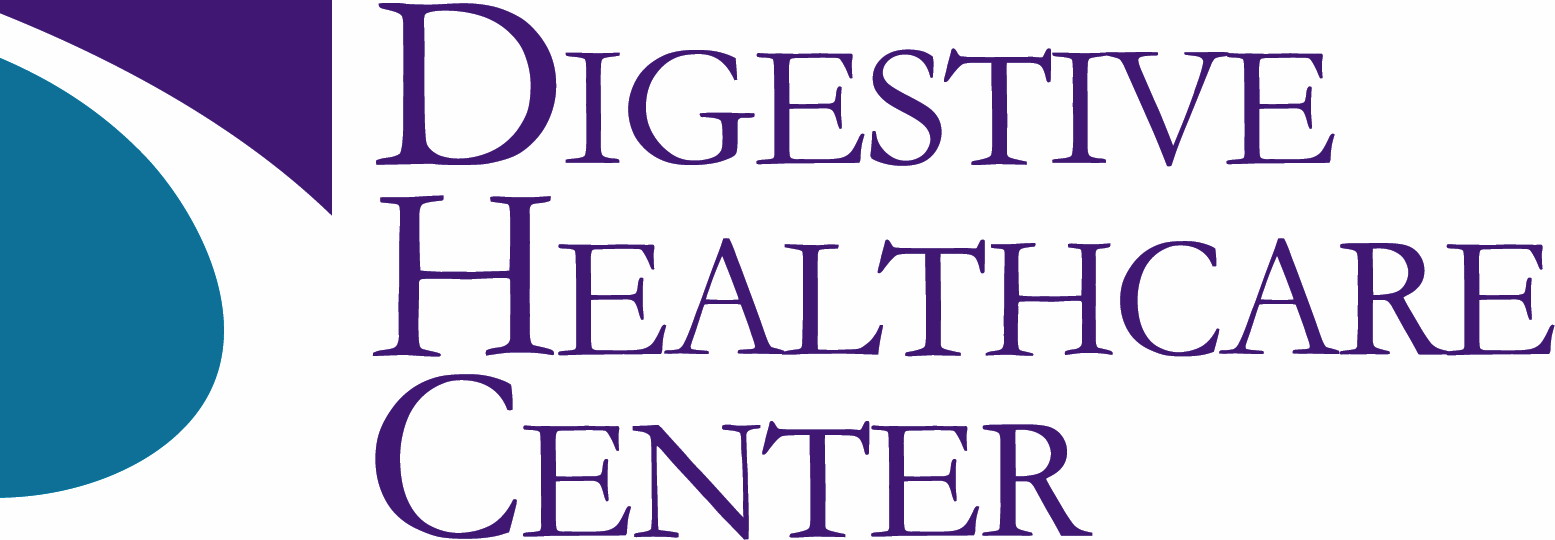What is Ulcerative Colitis?
Ulcerative colitis is a form of inflammatory bowel disease that causes inflammation and the development of ulcers in the colon. Symptoms progress over time, caused by inflammation that affects the innermost lining of the large intestine and rectum. As with Crohn’s disease, ulcerative colitis can greatly interfere with daily life and cause complications that need to be addressed. Ulcerative colitis affects the same number of men and women and usually begins before someone turns 30. At DHC, we specialize in the diagnosis and treatment of a wide array of digestive health conditions, including ulcerative colitis. Learn more about this condition and how we help patients manage their symptoms and live more comfortable lives.
What are the Causes of Ulcerative Colitis?
In the past, it was suspected that diet and stress could cause ulcerative colitis, but it has since been determined that these factors may aggravate the condition, but not cause it. A possible cause of ulcerative colitis is an abnormal immune response, where the immune system attacks cells in the digestive tract. Ulcerative colitis is also more common in those who have family members with the disease, but most people with ulcerative colitis do not have a family history of the condition.
What are the Symptoms of Ulcerative Colitis?
Symptoms of ulcerative colitis can range from mild to severe and depend on the type of colitis present. There are four types of ulcerative colitis, each categorized by its location and the severity of symptoms:
- Acute severe ulcerative colitis: A rare condition that affects the entire colon, resulting in violent episodes of diarrhea, intense abdominal pain, and bleeding. Fever and a loss of appetite usually accompany these symptoms.
- Left-sided colitis: With this condition, inflammation runs up to the sigmoid (low end of the colon) and descending colon. Symptoms include diarrhea, unintentional weight loss, and pain/cramping on the left side of the abdomen.
- Proctosigmoiditis: This condition is an inflammation of the rectum and sigmoid colon with symptoms including pain/cramping, bloody diarrhea, and the constant urge to have a bowel movement (known as tenesmus).
- Ulcerative proctitis: Ulcerative proctitis is the mildest form of ulcerative colitis confined just to the rectum. Rectal bleeding and urgency are the main symptom.
How is Ulcerative Colitis Diagnosed?
Ulcerative colitis is diagnosed through biopsies taken during endoscopic procedures, such as colonoscopy. Your doctor may perform other tests to rule out Crohn’s disease or infections caused by bacteria, viruses, or parasites. Blood and stool tests may also be performed as part of the diagnostic process, as white blood cells or certain proteins in the stool can indicate ulcerative colitis.
How is Ulcerative Colitis Treated?
Ulcerative colitis is a chronic condition, and treatments are focused on reducing inflammation to prevent flare-ups. Diet changes may be recommended, and you should keep track of how certain foods affect you so you have a better idea of what to eliminate from your diet. For mild symptoms, your doctor may prescribe medication to reduce inflammation and swelling, which can alleviate many symptoms. Stronger medications may be prescribed for more severe symptoms. If your symptoms are debilitating, surgery may be necessary. During a procedure known as a proctocolectomy, the colon and rectum are surgically removed and a pouch is created from the end of the small intestine. The pouch is then attached directly to the anus to allow for normal excrement.
Diagnosis and Treatment of IBD in NJ at Digestive Healthcare Center
Proper management of ulcerative colitis is key to living a more comfortable life. Without proper treatment, complications can worsen. At DHC, our gastroenterologists will assess your unique situation and determine the best course of action. You can meet with us at one of our three office locations in NJ or via a virtual telemedicine visit, making it easy for those in NJ to get convenient access to comprehensive gastroenterology care. To learn more about ulcerative colitis and inflammatory bowel disease or to schedule an appointment at DHC, please contact us today.
Care for Common Digestive Health Conditions in NJ at DHC
DHC is proud to offer a wide range of tests and procedures to diagnose and treat all manner of digestive health conditions. Whether you are living with a gastroenterological condition or are experiencing new and uncomfortable symptoms, we are here for you! We are committed to each patient and helping those in NJ stay on top of their digestive health.
